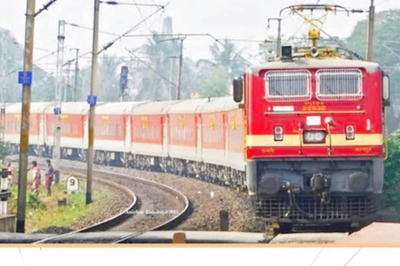
views
New Delhi: Former National Security Advisor and an old China hand Shiv Shankar Menon sees China’s demographic and geographical positioning as the biggest stumbling block in its metamorphosis into a real global power.
“In a crowded, hedged environment, China has very little it can do in terms of geography. Also, with seas around her, it makes its geographical situation worse,” said Menon speaking at a conference in Goa last week.
He further said that China’s demographic challenges show a relatively small window of economic opportunity. Explaining that the drivers for foreign policy were namely demographics, economy, technology and politics, Menon said that one should not exaggerate the opportunities around China today.
“By 2040, China will have the age profile of what Japan has today. It will not just affect economics of the country, but will also affect military preparedness of China,” said the former NSA.
Pointing out the military prowess of the Asian giant, Menon said the world might be economically multipolar but militarily it’s still unipolar with regional variations.
Global corridors have been buzzing with talks of China trying to change the world order, to challenge the western hegemony. Menon, however, raised his concerns over the same. “China is still a revisionist power. It still seeks to adapt and change the present US order,” he added.
Professor Richard Rigby from the China Institute at Australian National Institute said that despite opening up its economy in the last two decades, the Chinese Communist Party continues to crackdown on free speech, indicating persisting vulnerabilities for the Chinese state.
Recently, a former member of China’s top military body killed himself as he was facing a probe under Xi Jinping’s crackdown on corruption. Further, the country has also blocked Dalai Lama’s mobile app and a host of over 13,000 websites as part of the administration’s crackdown on internet freedom.
“Most of Xi’s long speech during the 19th party Congress was on domestic issues. China’s growth is gradually blurring lines of domestic and foreign policy,” Rigby said.
Shiv Shankar Menon also said that ultra-nationalism in the Chinese foreign policy is often a tool to serve domestic political purposes. “The primary purpose of Chinese regimes, as all other regimes, is to stay in power — stability over everything else,” said the former NSA.


















Comments
0 comment